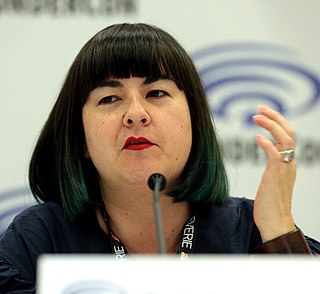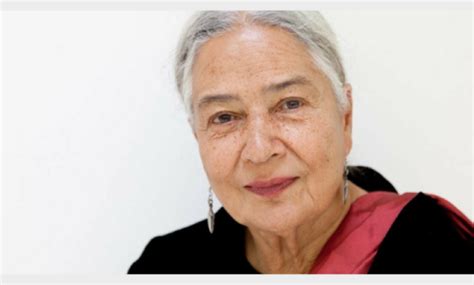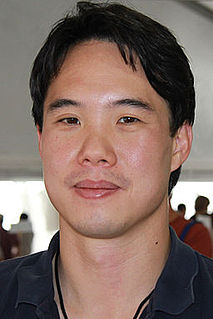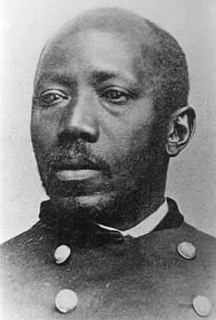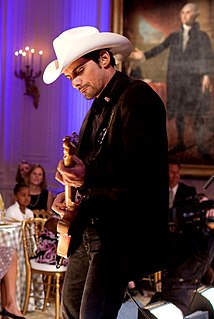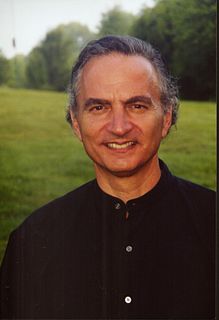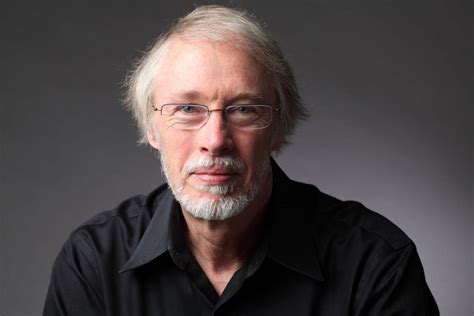A Quote by Michael Morpurgo
I become my characters, and then try to allow events in the story to take their own course. I try not to play God, but to let them work out their own destiny.
Related Quotes
Gary Ross one of those directors which lets you do what you need to do to become your character - he lets you try to do everything on your own when you're acting. Then at some points he would say, "Let's try this," or "Let's try that." Most of the time he just kind of let me try to just become my character on my own and it worked out really well.
There's a certain amount of pressure that goes with writing superhero characters, especially characters that are beloved to audiences. You know that you're always writing into a certain amount of expectations and into an existing fandom, and I try to take the pressure of that in when I first accept a project and then I try to push it aside as much as possible and just focus on the story that I want to tell. It's definitely a little more pressure than writing something of your own, from your own brain, and creating those expectations from scratch. But I also like the challenge of it.
If I am practicing spiritual poverty, which says that I own nothing, then the problems aren't mine and neither are the energy and compassion pouring through my heart to try to solve them. I am just a link in the process. If I don't take anything personally, then I can do great work without flagging. The Dalai Lama once said, 'Try with all your might - to work very, very hard - to make the world a better place, and if all your efforts are to no avail . . . no hard feelings!'
A short story is confined to one mood, to which everything in the story pertains. Characters, setting, time, events, are all subject to the mood. And you can try more ephemeral, more fleeting things in a story - you can work more by suggestion - than in a novel. Less is resolved, more is suggested, perhaps.



